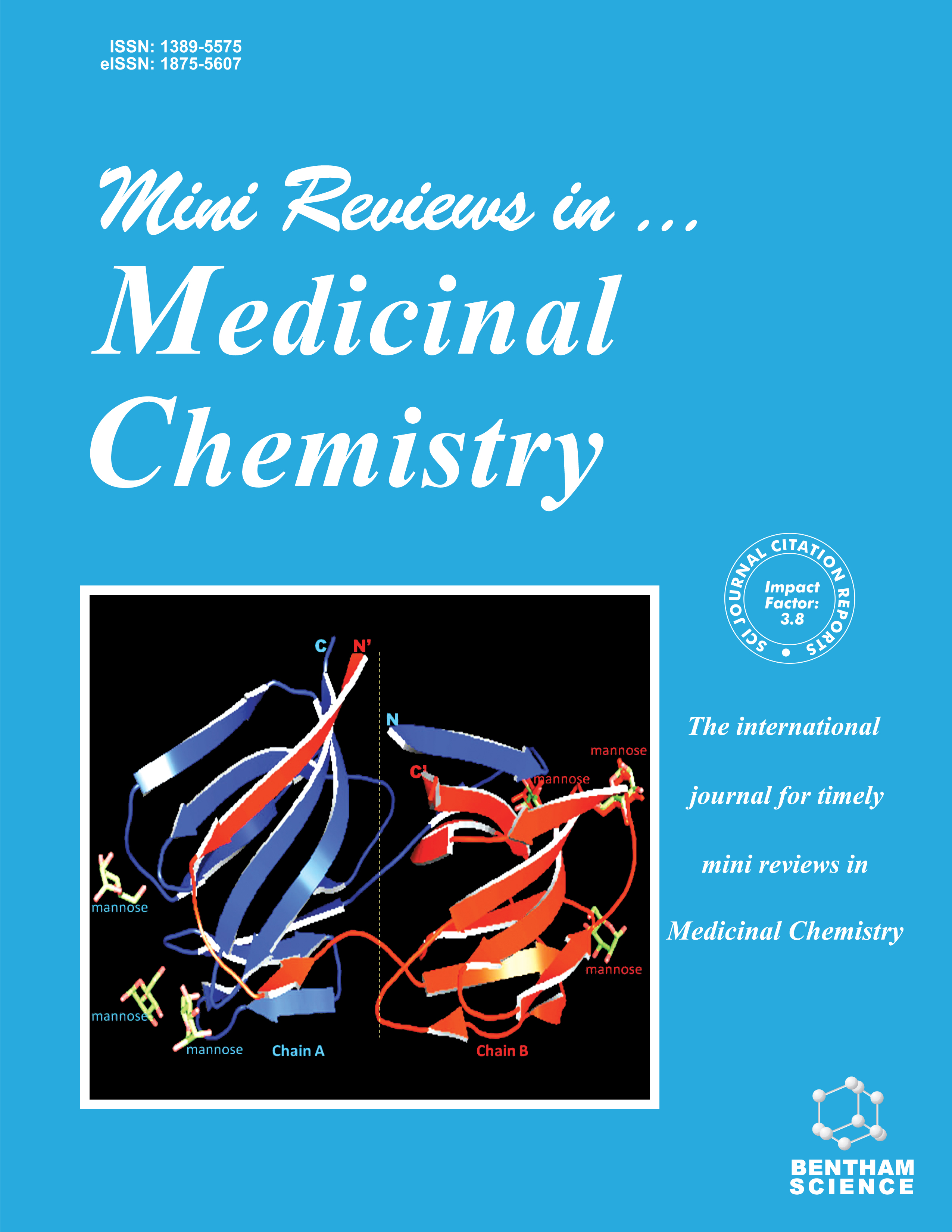-
oa Quantum Chemical Analysis of MHC-Peptide Interactions for Vaccine Design
- Source: Mini Reviews in Medicinal Chemistry, Volume 10, Issue 8, Jul 2010, p. 746 - 758
-
- 01 Jul 2010
Abstract
The development of an adequate immune response against pathogens is mediated by molecular interactions between different cell types. Among them, binding of antigenic peptides to the Major Histocompatibility Complex (MHC) molecule expressed on the membrane of antigen presenting cells (APCs), and their subsequent recognition by the T cell receptor have been demonstrated to be crucial for developing an adequate immune response. The present review compiles computational quantum chemistry studies about the electrostatic potential variations induced on the MHC binding region by peptide's amino acids, carried out with the aim of describing MHC-peptide binding interactions. The global idea is that the electrostatic potential can be represented in terms of a series expansion (charge, dipole, quadrupole, hexadecapole, etc.) whose three first terms provide a good local approximation to the molecular electrostatic 'landscape' and to the variations induced on such landscape by targeted modifications on the residues of the antigenic peptide. Studies carried out in four MHC class II human allele molecules, which are the most representative alleles of their corresponding haplotypes, showed that each of these molecules have conserved as well as specific electrostatic characteristics, which can be correlated at a good extent with the peptide binding profiles reported experimentally for these molecules. The information provided by such characteristics would help increase our knowledge about antigen binding and presentation, and could ultimately contribute to developing a logical and rational methodology for designing chemically synthesized, multiantigenic, subunit-based vaccines, through the application of quantum chemistry methods.


